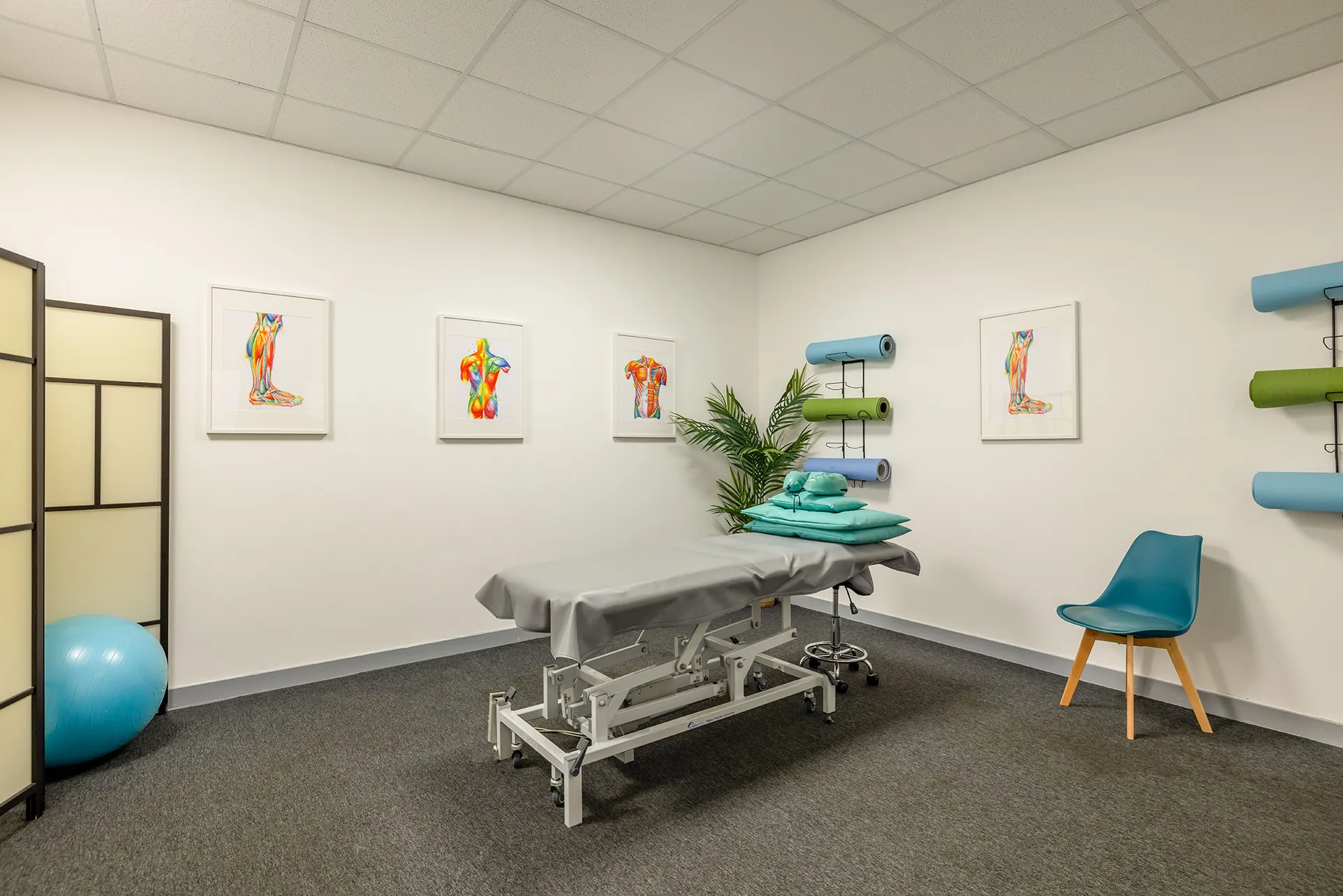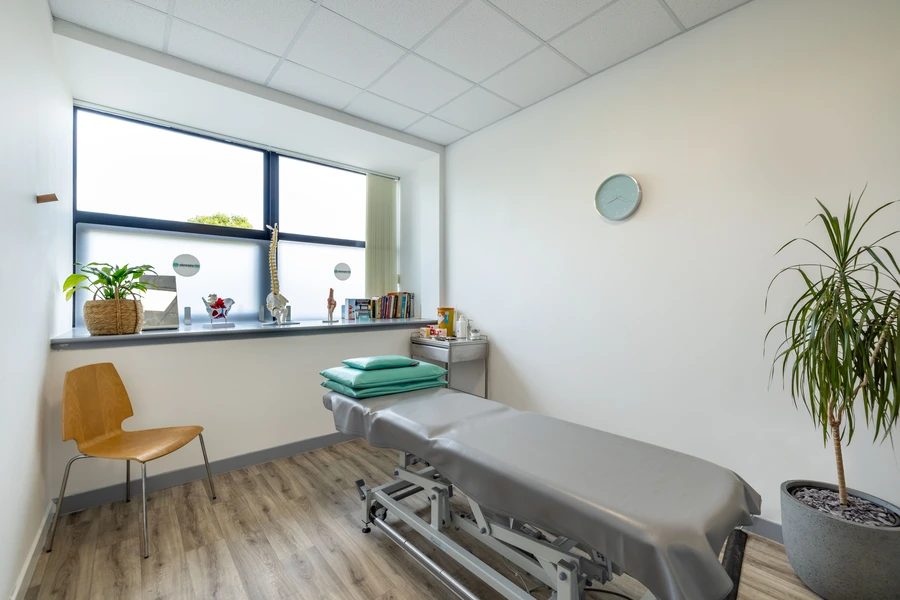
Spinal disc herniation, or a “slipped disc”, is a medical condition affecting the spine in which a tear in the outer, fibrous ring of an intervertebral disc allows the soft, central portion to bulge out beyond the damaged outer rings.
Disc herniation is usually due to age-related degeneration of the outer ring, known as the anulus fibrosus, although trauma, lifting injuries, or straining have been implicated as well.
Tears are almost always towards the back and sides of the disc where the nerves sit. This tear in the disc may result in the release of chemicals causing inflammation, which may directly cause severe pain even in the absence of direct pressure on the nerve.
Symptoms of a herniated disc can vary depending on the location of the herniation and the other tissues that become involved. They can range from little or no pain if the disc is the only tissue injured, to severe and unrelenting neck pain or low back pain that will radiate into the buttock, thigh and lower leg. They can also lead to symptoms caused by inflammation of the nerves, such as shooting pain, tingling, numbness and sometimes weakness.
Careful assessment is needed to ensure the correct cause of your pain is identified. From there treatment personalised to your needs can be given, along with structured exercises suited you your ability. We will discuss progress with you on an ongoing basis to ensure that you are improving at a realistic pace.
